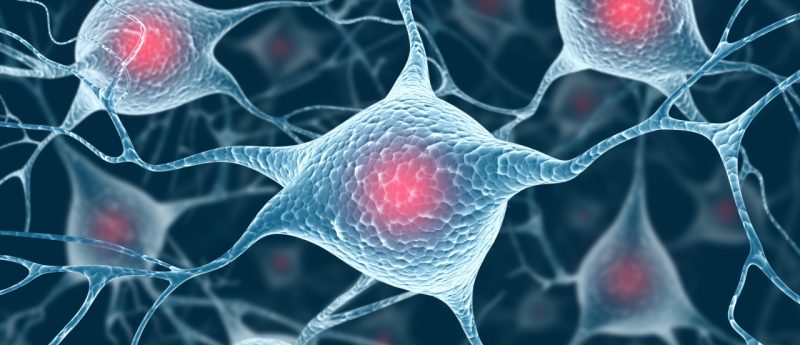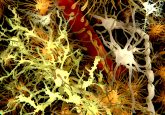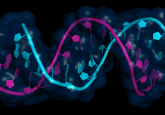New genetic suspects identified for ALS and FTD

In a recently published study, researchers at Stanford University (CA, USA) have identified new genetic suspects that they believe could modify the severity of amyotrophic lateral sclerosis (ALS) and frontotemporal dementia (FTD). Using CRISPR–Cas9 technology, the researchers discovered that mutations in a gene termed C9ORF72 were likely to influence the severity of these neurological disorders. Disease-causing mutations in C9ORF72 account for nearly 40% and 25% of inherited cases of ALS and FTD, respectively. These mutations insert hexanucleotide repeats – also known as dipeptide-repeat (DPR) proteins – into the gene and potentially produce toxic RNA and protein molecules that destroy neurons....





